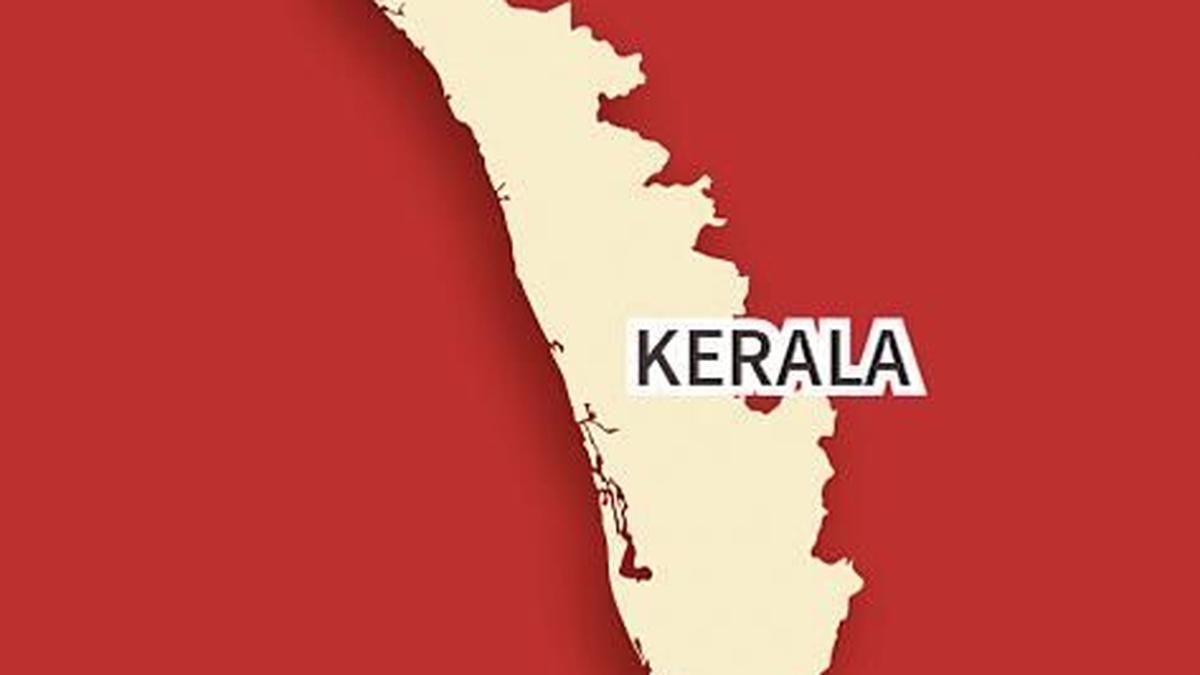Home / Environment / Kerala Amends Wildlife Laws to Tackle Rising Human-Wildlife Conflicts
Kerala Amends Wildlife Laws to Tackle Rising Human-Wildlife Conflicts
15 Oct
Summary
- Kerala faces sharp rise in human-wildlife conflicts, causing 900+ deaths
- State approves amendments to empower officials to cull certain species
- Environmentalists warn amendments could threaten biodiversity and ecology

Kerala, one of India's most literate states, is grappling with a sharp rise in human-wildlife conflicts that have been declared a disaster, resulting in significant loss of life, crop damage, and widespread fear. In the last decade, these conflicts have injured nearly 9,000 people and caused over 900 deaths.
To address this crisis, the Kerala Cabinet recently approved amendments to the Wildlife (Protection) Act, 1972. The new provisions empower the Chief Wildlife Warden to order the immediate killing of wild animals attacking humans in residential areas, bypassing central approvals for faster redressal. The state can also declare species like wild boars as vermin, permitting controlled culling to protect crops and livelihoods, and downgrade the bonnet macaque from Schedule I to Schedule II for easier population management.
While these measures aim to balance conservation and safety, environmentalists warn that they could create legal conflicts with the central Act, bypass key protocols, and threaten the consistent national protection framework. They argue that mass culling and reducing protection for certain species could endanger biodiversity and disrupt the predator-prey balance, undermining Kerala's progress in conserving key species.
The proposed amendments reflect Kerala's commitment to quick, local solutions, while the Centre emphasizes unified, science-based conservation to avoid fragmentation and legal confusion. Experts suggest a collaborative approach, with state-specific flexibility within central laws, joint task forces, and community empowerment to manage conflicts without breaking national policy.




